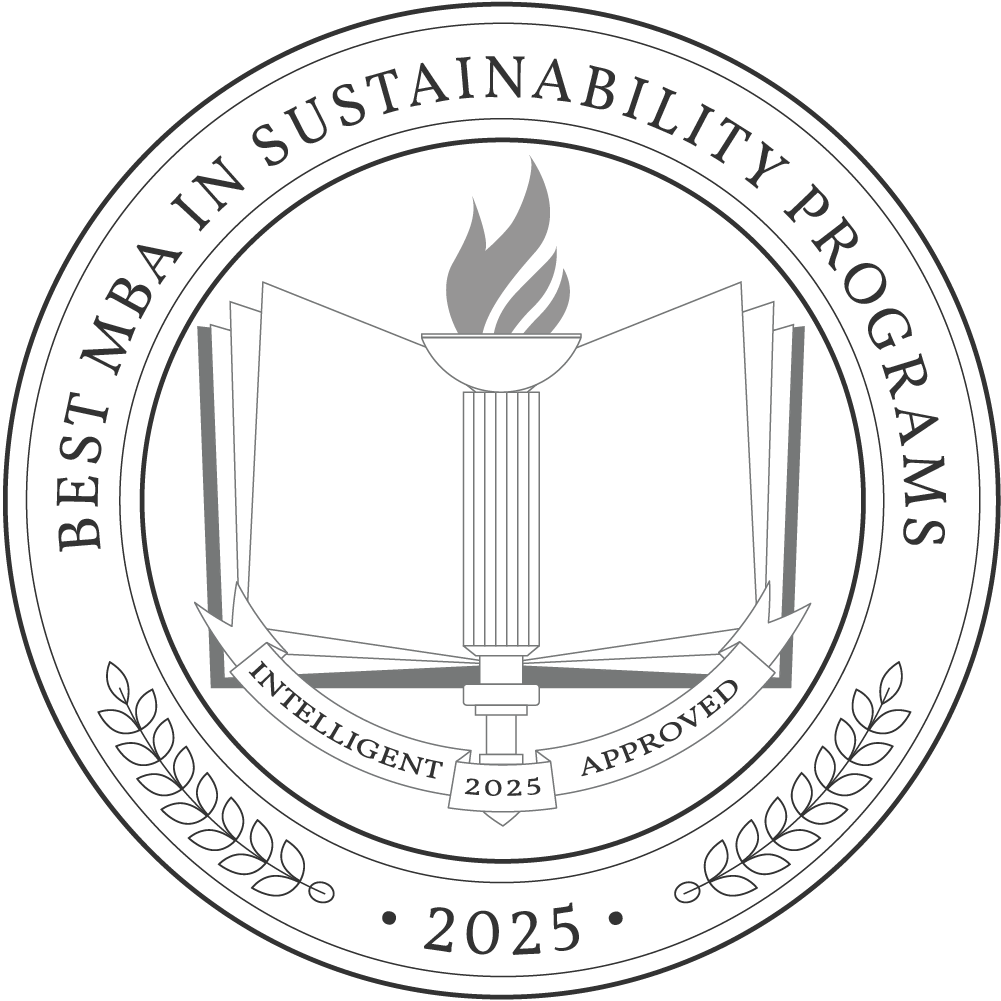As climate change and environmental awareness become increasingly a part of our lives, businesses are taking note and creating jobs that address sustainability in the workforce. These jobs include sustainability managers who ensure a company’s supply chain and independent consultants who work with multiple firms to develop environmentally friendly policies. Earning a Master of Business Administration (MBA) in sustainability is an ideal way to prepare for these roles.
As a relatively new sub-section of the business field, job growth for sustainability occupations can be difficult to predict, although the Bureau of Labor Statistics (BLS) reports that there will be an increase in environmentally-focused jobs through 2030. Global professional services firm Deloitte also predicts an increase in ‘green collar jobs’ that require knowledge of business and sustainability practices, such as sustainability manager, compliance manager, and ESG portfolio manager.
MBA in sustainability programs can take one to three years to complete, depending on the student’s experience level and the program’s pace. Tuition varies by program, but according to the National Center for Education Statistics (NCES), the average annual tuition for graduate programs during the 2021-22 academic year was $12,596 at public institutions and $29,931 at private non-profit colleges.
Why Trust Us
The Intelligent.com Higher Education Team is dedicated to providing students with independent, equitable school and program rankings and well-researched resources. Our expert-driven articles cover topics related to online colleges and programs, paying for school, and career outlooks. We use data from the U.S. Department of Education’s College Scorecard, the National Center for Education Statistics, and other reputable educational and professional organizations. Our academic advisory team reviews content and verifies accuracy throughout the year for the most current information. Partnerships do not influence rankings or editorial decisions.
- Analyzed over 2,000 national, accredited, and nonprofit colleges and universities
- 800+ rankings pages are reviewed and updated yearly
- Content is informed by reputable sources, surveys, and interviews with academic advisors and other experts
- Over 100 data points are reviewed for accuracy and quality throughout the year, including sources
How we rank schools
Our list features the best MBA in Sustainability degree programs at top colleges nationwide. Each school featured is a nonprofit, accredited institution — either public or private — with a high standard of academic quality for post-secondary institutions.
We evaluated each school’s program on tuition costs, admission, retention and graduation rates, faculty, reputation, and the student resources provided for online students. We collected data from trusted sources like the National Center for Education Statistics, individual school and program websites, school admissions counselors, and other data sources. Then, we calculated the Intelligent Score on a scale of 0 to 100 based on the following criterion:
Academic Quality:
- Admission rate versus enrollment rate
- Retention rate of students who return after year one
- Accreditation status (regional and programmatic)
- Nonprofit status, both private and public institutions
Graduation Rate
- Overall graduation rate
- Total number of currently enrolled students, including diversity metrics
- Student-to-faculty ratio
Cost and ROI
- In-state and out-of-state per-credit tuition rates and fees
- Required credits to graduate
- Earning potential after graduation
- Availability of federal student loans, scholarships, and other financial aid options
Student Resources
- Available student services for online-only and hybrid programs
- On-campus amenities like tutoring centers and the number of libraries
Read more about our ranking methodology.
Best 24 Accredited MBA in Sustainability Degree Programs
FiltersInstitution Type
Status
- Intelligent Score
- Alphabetically By University Name
- Acceptance Rate
- Enrollment
- In-state Graduate Tuition
- Out-of-state Graduate Tuition
- In-state Undergraduate Tuition
- Out-of-state Undergraduate Tuition
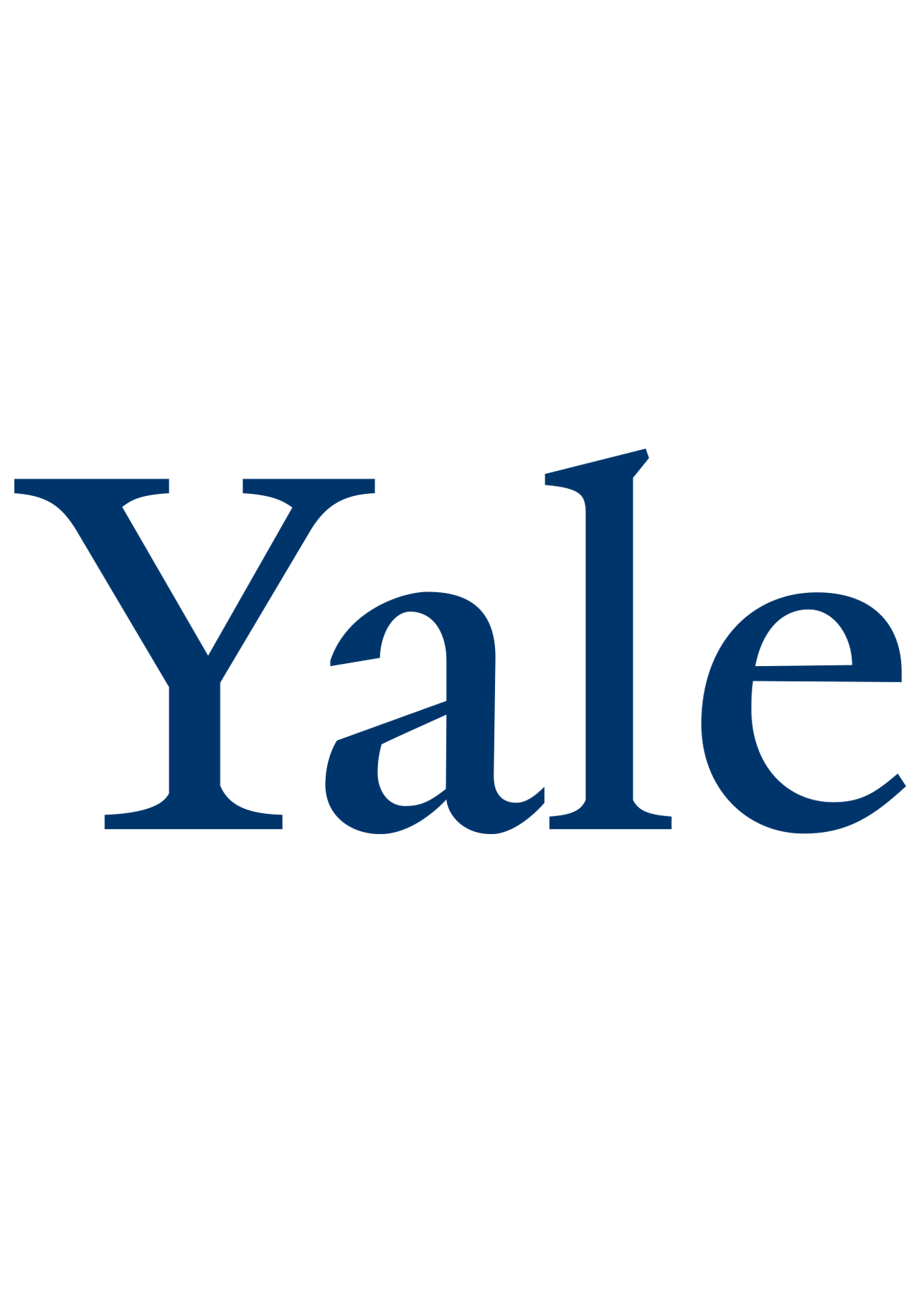
Yale School of Management
Intelligent Score: 99.66In-state: $57,700
Out-of-state: $57,700
In-state: $44,500
Out-of-state: $44,500
SAT: 1460-1580
ACT: 33-35
$1,712
On-Campus
Association to Advance Collegiate Schools of Business
72
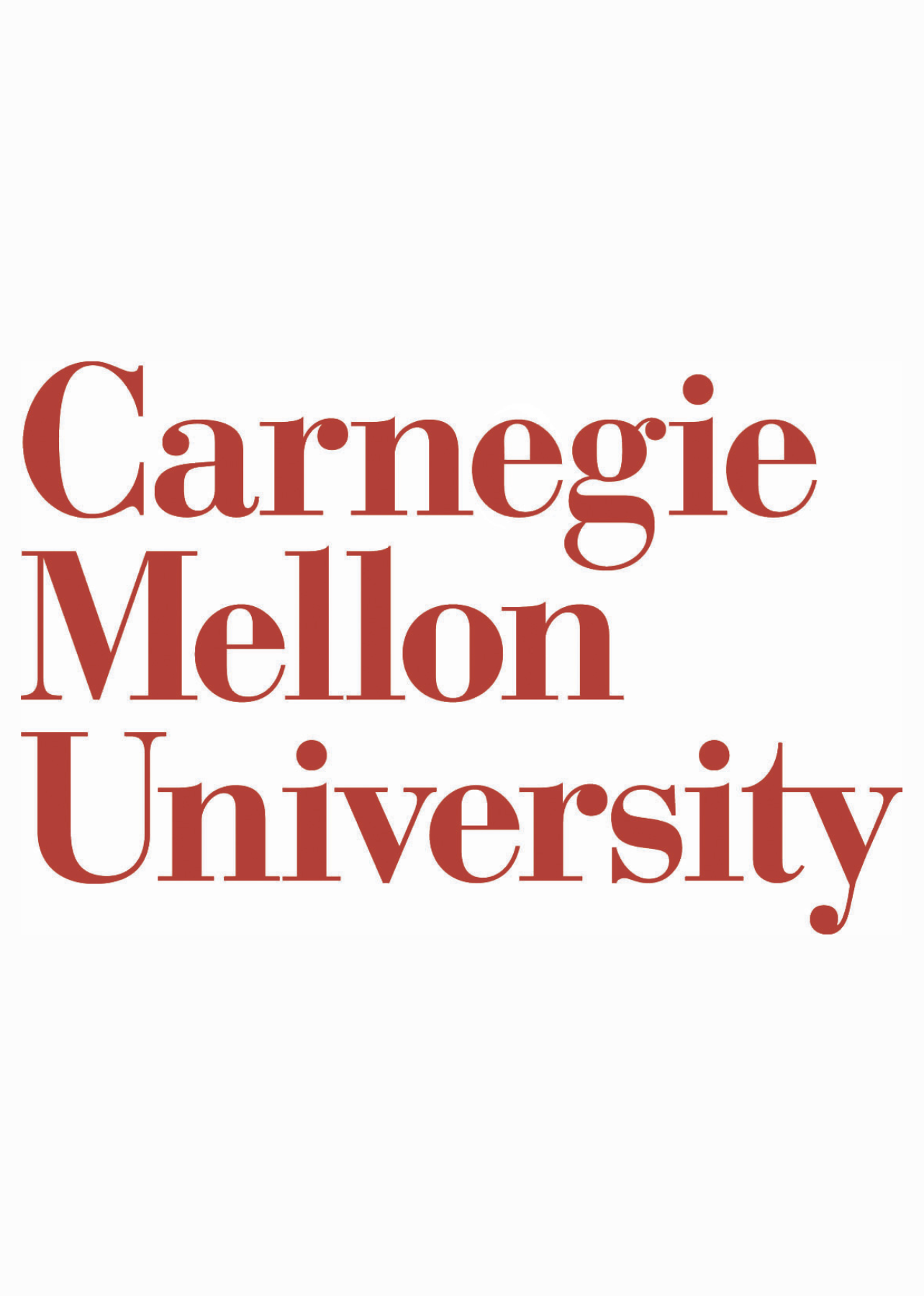
Carnegie Mellon University
Intelligent Score: 99.03In-state: $57,560
Out-of-state: $57,560
In-state: $46,441
Out-of-state: $46,441
SAT: 1460-1560
ACT: 33-35
$2,366
On-Campus
Association to Advance Collegiate Schools of Business
48

NYU Stern School of Business
Intelligent Score: 98.1In-state: $52,204
Out-of-state: $52,204
In-state: $34,704
Out-of-state: $34,704
SAT: 1370-1540
ACT: 31-34
$2,101
On-Campus
Association to Advance Collegiate Schools of Business
60
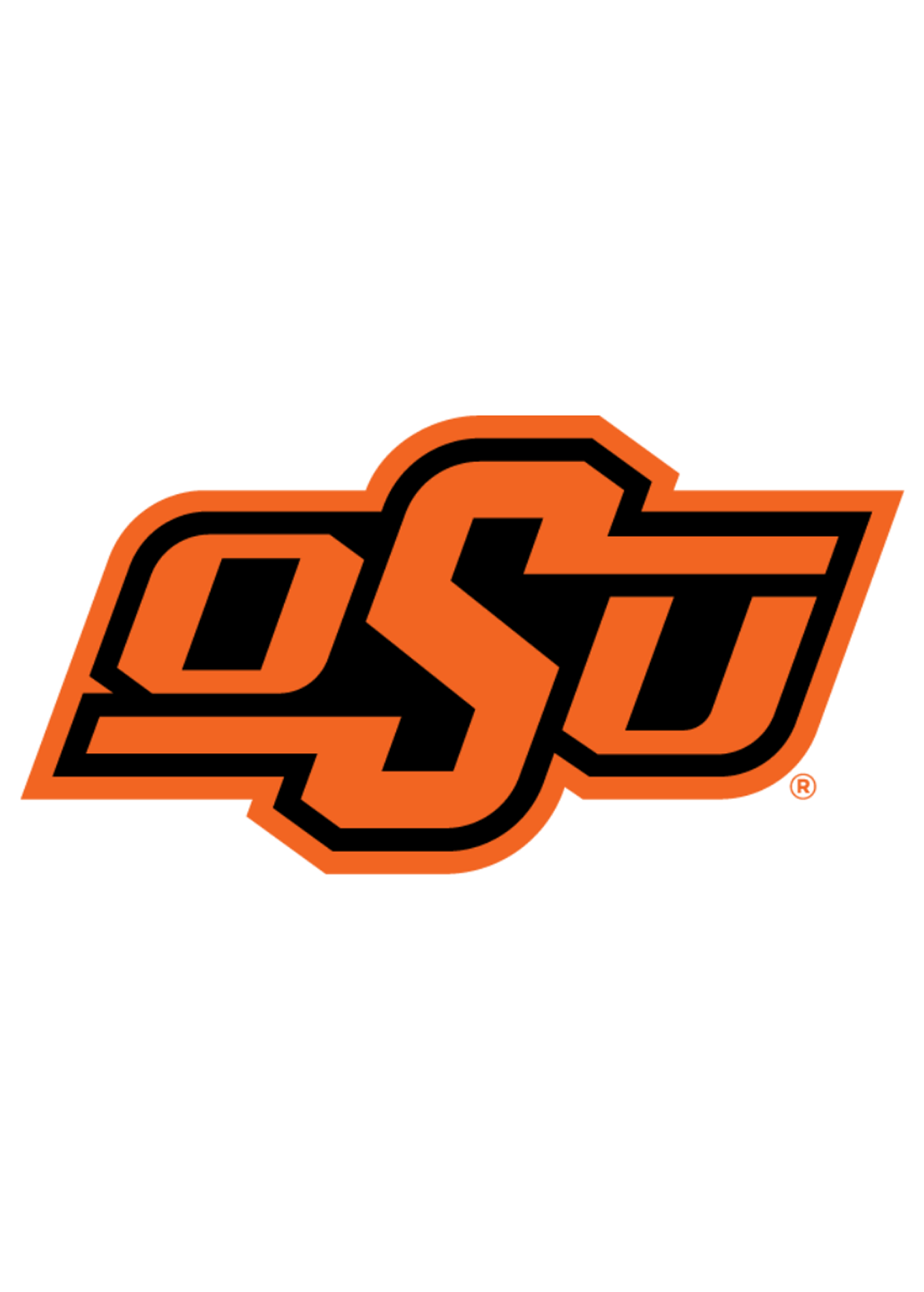
Oklahoma State University - Spears School of Business
Intelligent Score: 97.37In-state: $5,357
Out-of-state: $20,877
In-state: $5,531
Out-of-state: $5,531
SAT: 1020-1250
ACT: 21-28
Resident: $233
Non-Resident: $879
On-Campus
Association to Advance Collegiate Schools of Business
39

The University of North Carolina at Chapel Hill
Intelligent Score: 96.15In-state: $7,019
Out-of-state: $34,198
In-state: $10,552
Out-of-state: $10,552
SAT: 1280-1490
ACT: 28-33
Resident: $2,803.
Non-Resident: $3,792
On-Campus
Association to Advance Collegiate Schools of Business
62

University of Maine
Intelligent Score: 95.95In-state: $9,240
Out-of-state: $30,030
In-state: $8,298
Out-of-state: $8,298
SAT: N/A
ACT: N/A
$679
On-Campus, Hybrid
Association to Advance Collegiate Schools of Business
36-39

Vanderbilt University
Intelligent Score: 95.87In-state: $52,781
Out-of-state: $52,781
In-state: $50,082
Out-of-state: $50,082
SAT: 1470-1570
ACT: 33-35
$2,209
On-Campus
Association to Advance Collegiate Schools of Business
62

Wilmington University
Intelligent Score: 95.65In-state: $11,430
Out-of-state: $11,430
In-state: $8,784
Out-of-state: $8,784
SAT: N/A
ACT: N/A
$524
On-Campus, Online
International Accreditation Council for Business Education
36
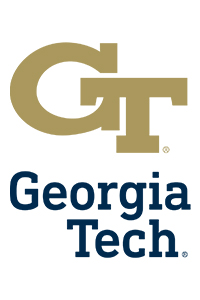
Georgia Tech Georgia Tech Scheller College of Business
Intelligent Score: 94.57In-state: $28,106
Out-of-state: $49,218
In-state: $27,898
Out-of-state: $27,898
SAT: 1370-1530
ACT: 31-35
Resident: $1,230
Non-Resident: $1,698
On-Campus
Association to Advance Collegiate Schools of Business
33
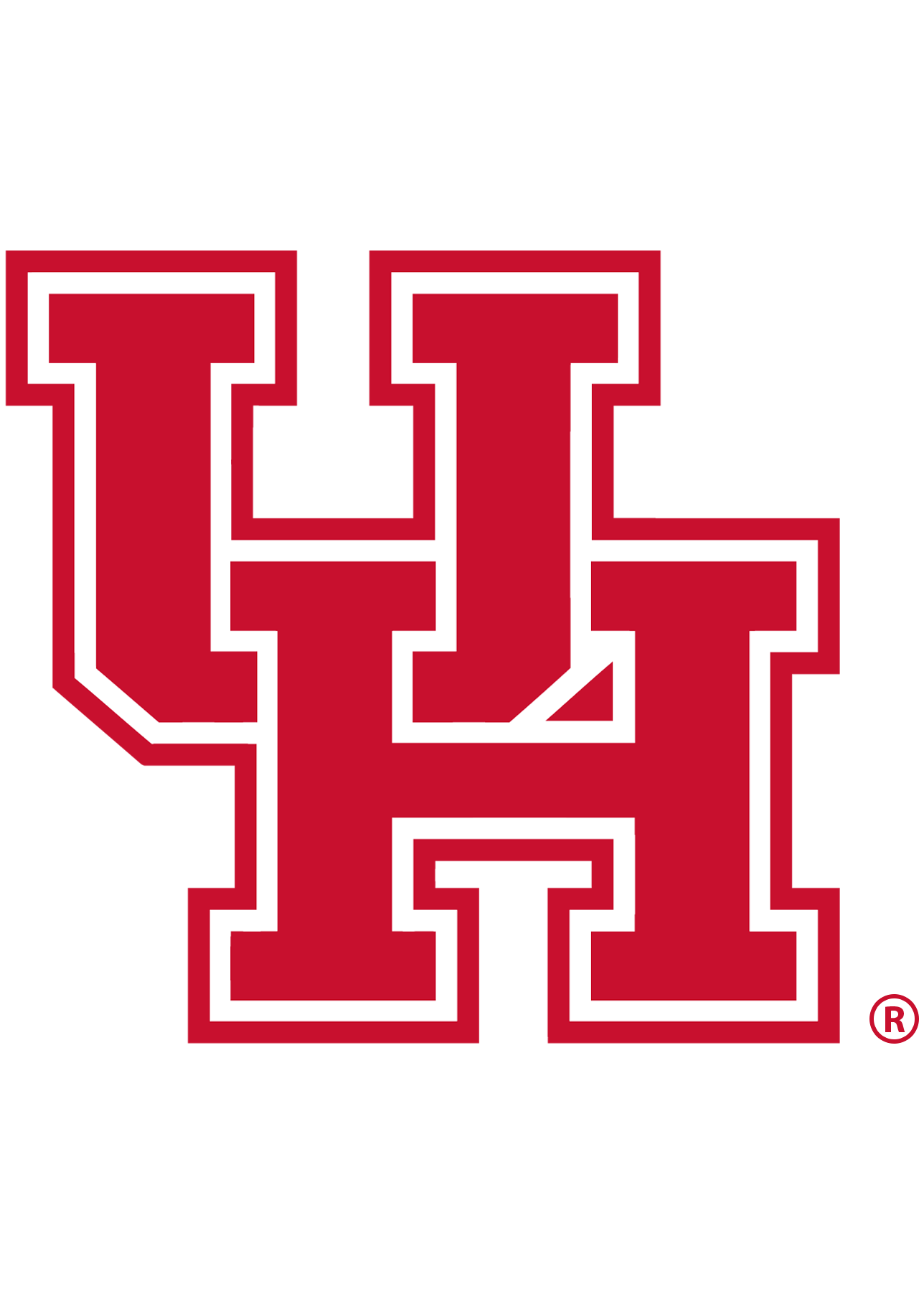
University of Houston-Clear Lake
Intelligent Score: 92.84In-state: $8,449
Out-of-state: $20,665
In-state: $8,539
Out-of-state: $8,539
SAT: 1120-1310
ACT: 22-28
Resident: $464
Non-Resident: $970
On-Campus, Online, Hybrid
Association to Advance Collegiate Schools of Business
36

Appalachian State University
Intelligent Score: 92.54In-state: $4,242
Out-of-state: $19,049
In-state: $4,839
Out-of-state: $4,839
SAT: 1070-1240
ACT: 22-27
Resident: $478
Non-Resident: $1,353
On-Campus
Association to Advance Collegiate Schools of Business
36
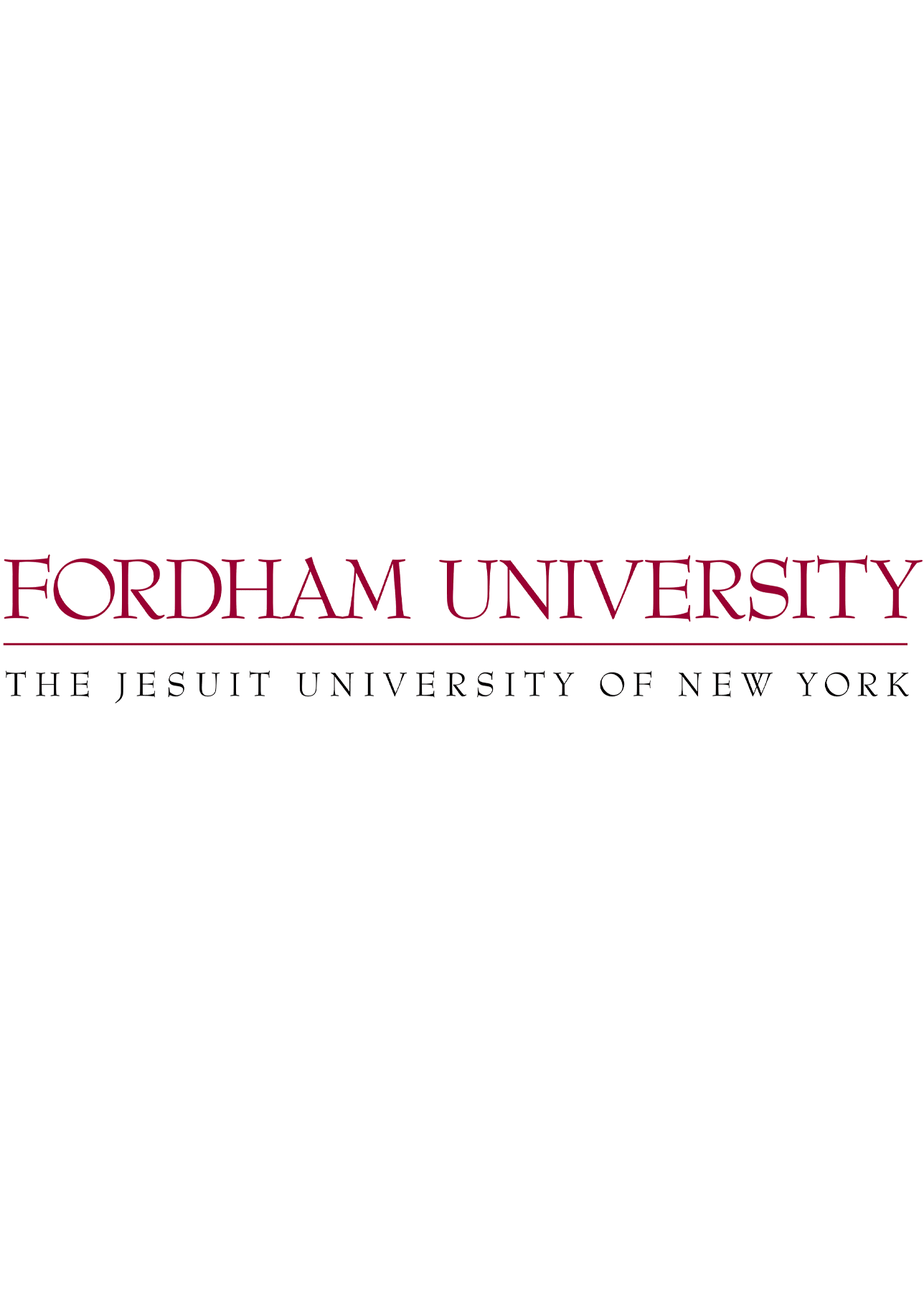
Fordham University
Intelligent Score: 89.95In-state: $54,730
Out-of-state: $54,730
In-state: $23,112
Out-of-state: $23,112
SAT: 1230-1410
ACT: 27-32
$2,032
On-Campus
Association to Advance Collegiate Schools of Business
77

Kellogg School of Management
Intelligent Score: 88.49In-state: $58,227
Out-of-state: $58,227
In-state: $56,067
Out-of-state: $56,067
SAT: 1430-1550
ACT: 33-35
$2,988
On-Campus
Association to Advance Collegiate Schools of Business
54
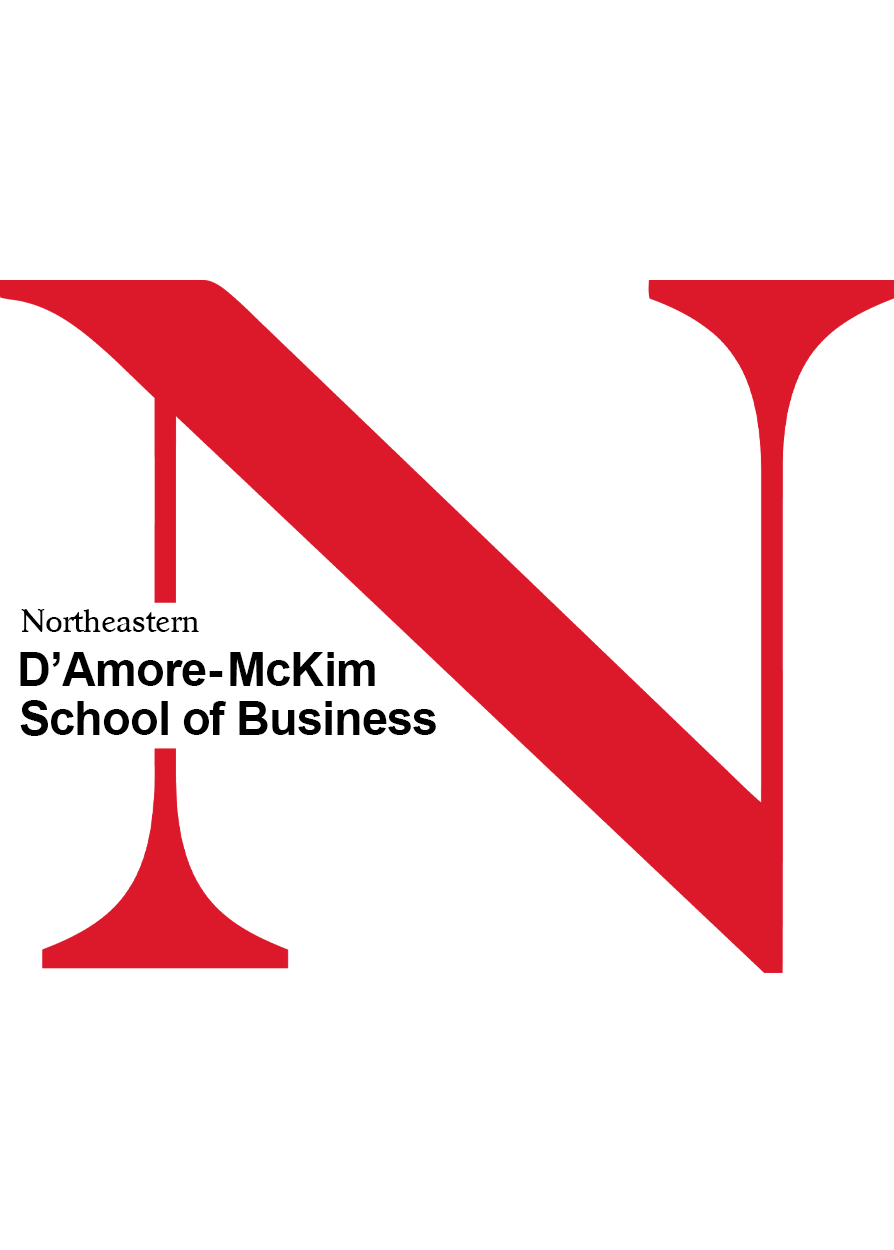
D'Amore-McKim School of Business at Northeastern University
Intelligent Score: 88.43In-state: $91,598
Out-of-state: NA
In-state: NA
Out-of-state: NA
SAT: NA
ACT: NA
$1,755
On-Campus, Online
Association to Advance Collegiate Schools of Business
55
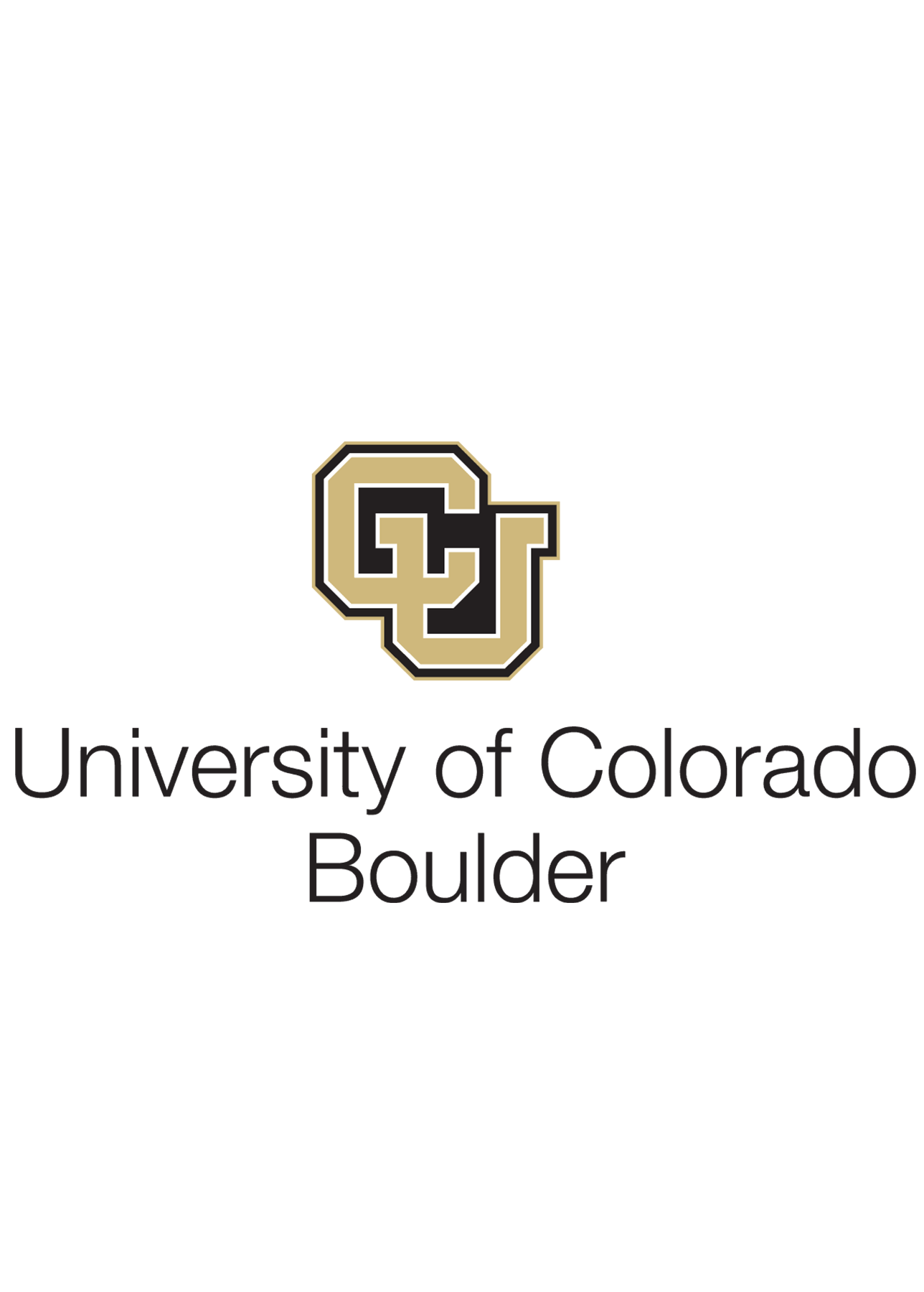
University of Colorado at Boulder
Intelligent Score: 87.84In-state: $10,728
Out-of-state: $34,930
In-state: $11,826
Out-of-state: $11,826
SAT: 1130-1350
ACT: 25-31
Resident: $951
Non-Resident: $1,583
On-Campus
Association to Advance Collegiate Schools of Business
55
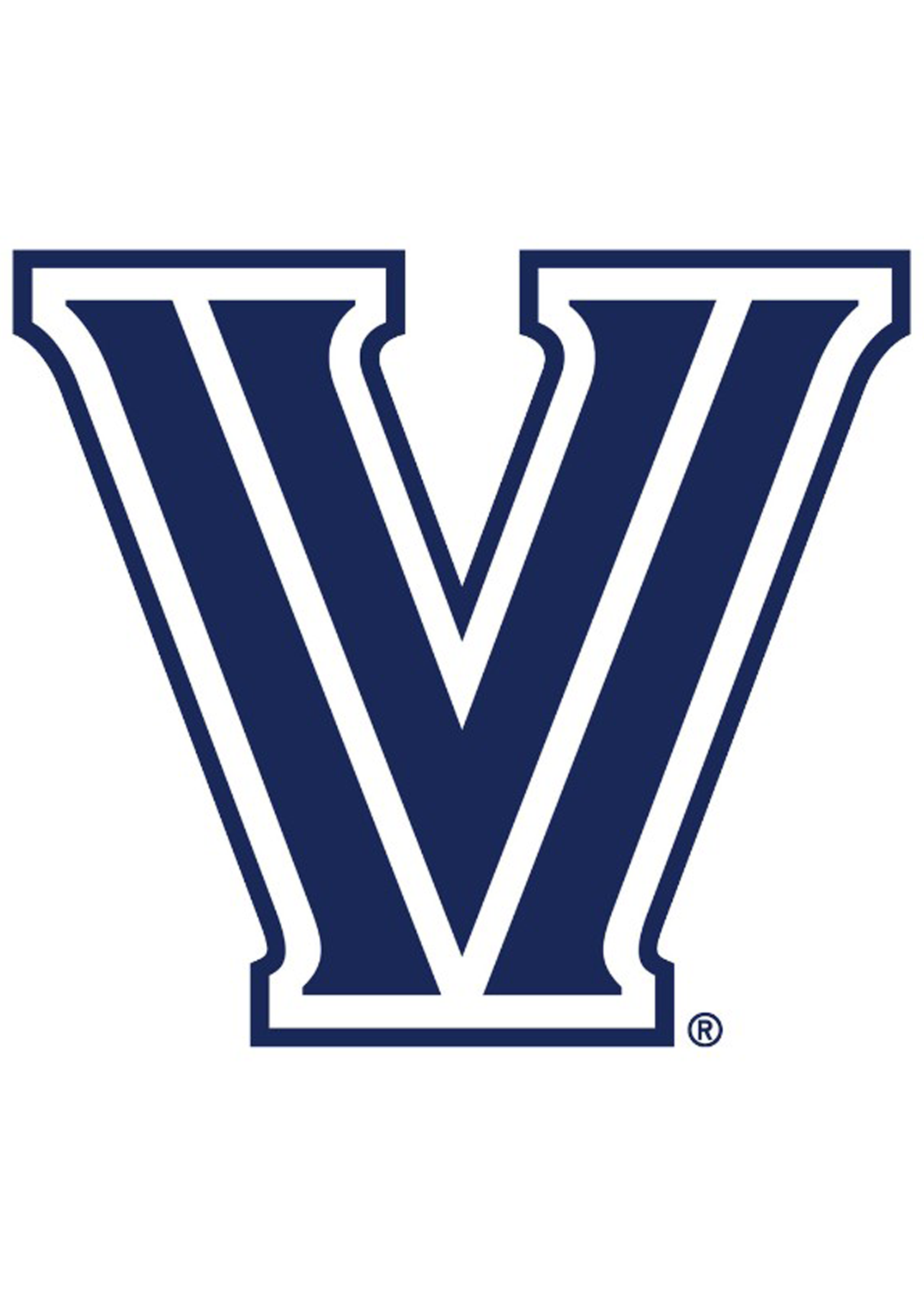
Villanova University
Intelligent Score: 87.32In-state: $56,730
Out-of-state: $56,730
In-state: $20,619
Out-of-state: $20,619
SAT: 1320-1460
ACT: 30-33
$1,765
On-Campus
Association to Advance Collegiate Schools of Business
48
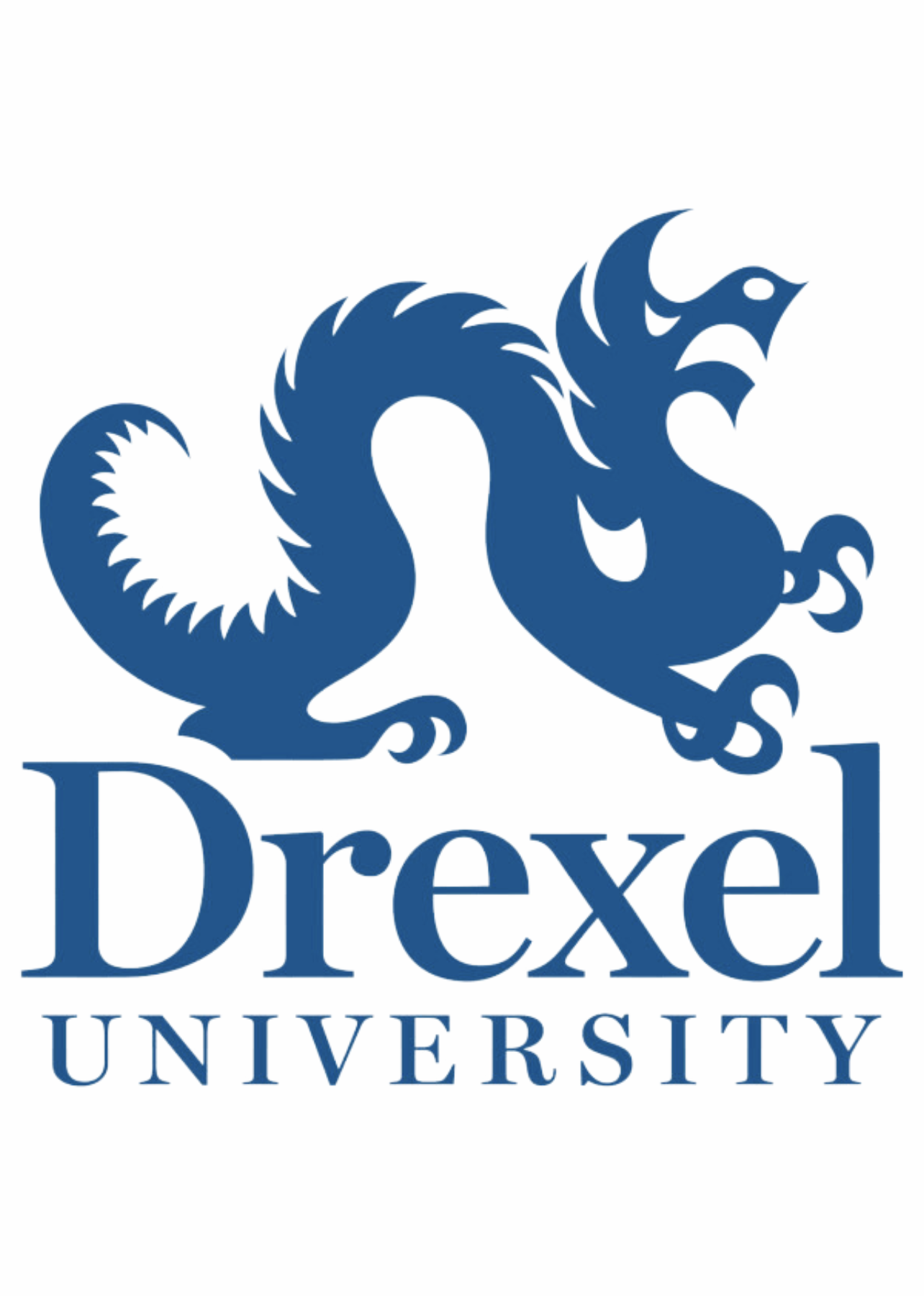
Drexel University's LeBow College of Business
Intelligent Score: 87.17In-state: $53,868
Out-of-state: $53,868
In-state: $36,234
Out-of-state: $36,234
SAT: 1180-1380
ACT: 25-31
$1,382
On-Campus
Association to Advance Collegiate Schools of Business
49
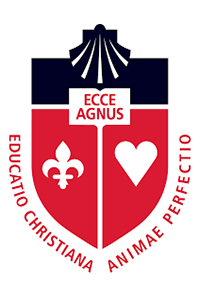
St. John’s University
Intelligent Score: 84.87In-state: $77,492
Out-of-state: $77,492
In-state: $66,882
Out-of-state: $66,882
SAT: 1110-1310
ACT: 24-29
$1,575
On-Campus, Online
Association to Advance Collegiate Schools of Business
36
How to Choose an MBA in Sustainability Degree Program
Choose your area of study
If you haven’t already, take some time before you begin your search to reflect on your goals and confirm that an MBA in sustainability is the ideal way to achieve them.
MBA programs are designed for individuals who want to develop or sharpen business skills, often to advance into leadership positions like manager or executive. An MBA in sustainability will cover the general business skills needed for these roles while specializing in sustainability’s role in business practices and policies. Individuals with this degree can go on to work as sustainability consultants, compliance directors, logisticians, resource managers, and more.
Also, think about what you need from your program logistically. Can you attend weekday classes during business hours, or do you need a program with evening and weekend classes? Are you enrolling full-time or part-time? Can you accommodate an entirely in-person program, or do you need the flexibility of an online MBA in sustainability?
Research schools and programs
Once you know the type of MBA in sustainability program you’re seeking, you can begin researching your options.
To help you determine if a program is a good fit, ask the following questions:
- What is the program’s curriculum? How does it align with your interests and goals?
- Who are the faculty members, and what are their qualifications?
- Are there internship requirements or other experiential learning components?
- What networking opportunities are available to students?
- What support services does the institution offer graduate students, including tutoring, tech support, and mental health care?
- What scholarship and financial aid opportunities are available?
- What type of accreditation does the institution and program have?
This last question is essential, as a school’s accreditation status can impact your eligibility for financial aid, future employment, and further educational opportunities. Schools in the U.S. can be regionally or nationally accredited, with regional accreditation being the more widely recognized accreditation status. MBA programs can also have programmatic accreditation through agencies like the Association to Advance Collegiate Schools of Business (AACSB) or the Accreditation Council for Business Schools and Programs (ACBSP). You can verify if a school and program are accredited through the Council for Higher Education Accreditation’s database.
Most schools publish relevant information about their programs on their websites, but you can also learn more by speaking to an admissions counselor or program representative, attending an in-person or online open house, or following schools and programs on social media.
Prepare for tests and applications
As you research schools, note their application requirements and deadlines. You can usually find this information on the school’s website, or you can contact their admissions office for more details. Find out if the program has specific eligibility requirements, such as an undergraduate degree in business, a minimum undergraduate GPA, or a minimum amount of professional experience.
A standard application for an MBA in sustainability program will include the following:
- Completed application and required fees
- Official transcripts from all postsecondary schools previously attended
- Letter(s) of recommendation
- Resume or CV
- Personal statement
- GRE or GMAT scores
If you still need to take the GRE or GMAT, or if your scores are over five years old, plan on taking one or both of these standardized tests well before your application is due. Students have multiple opportunities throughout the year to take these exams and various ways to prepare for them, including self-paced study or prep classes. Because they can be challenging, account for the time needed to retake the exams if you don’t achieve your desired score on the first try.
Select your program
The number of MBA in sustainability programs you choose to apply to is a personal decision. Because admissions to MBA programs can be competitive, especially at top-tier business schools, you may choose to apply to multiple schools to increase the odds of acceptance. However, if only one or two programs meet your needs and interests, you may want to focus on applying to those schools. If you’re accepted to multiple MBA in sustainability programs, compare your options to the priorities you outlined in step one to help you decide which program is the best fit for you.
Determine how you’ll pay for your degree
As part of your research and selection process, gather information about the program’s cost and available financial aid resources. You can find this information on the school’s website or speak to a financial aid counselor at the institution.
Students who plan to use need-based financial aid, such as federal student loans, grants, or work-study, must submit a Free Application for Federal Student Aid (FAFSA). Colleges use the information from this application to determine eligibility for aid based on financial need, including Direct Unsubsidized Loans and Direct PLUS Loans through the U.S. Department of Education’s Federal Student Aid program. Schools will also use this information to award their own need-based scholarships and grants.
Other options for paying for an MBA include scholarships from external sources, such as professional associations, nonprofits, private scholarship funds, and community or religious organizations.
Because of the desirability of MBA skills, many employers will offer workers financial support to pursue this degree. If you plan on working while earning your MBA in sustainability, ask your employer about tuition assistance benefits they may offer.
What Can You Expect From an MBA in Sustainability Degree Program?
An MBA with a concentration in sustainability prepares graduates to integrate innovative and essential sustainability practices into the business world. The curriculum combines courses focused on general business and management concepts and courses examining topics related to energy, the environment, natural resources, new technologies, climate change as a social issue, and more.
The number of credits in an MBA in sustainability program will vary by school. Some programs require as few as 36 credits, while others require as many as 77 credits. Review the curriculum carefully when considering programs, as some shorter programs are designed for students with more professional experience or a bachelor’s degree in business. Longer programs are typically geared toward less-experienced students who must complete foundational and advanced coursework.Many programs also include an internship component, which gives students the opportunity to get hands-on experience applying sustainability practices to a business environment.
Potential courses you’ll take in an MBA in sustainability degree program
- Managing Sustainable Operations: Uses a business-oriented perspective to explore the tradeoffs and synergies between firms’ ecological and financial performance and examine how firms’ interaction with the environment should be incorporated into managing their operations in conjunction with their short- and long-term objectives.
- Sustainable Systems: Establishes a common understanding of sustainability and business for students and introduces a broad set of tools, frameworks, standards, and guidelines in practice today.
- The Theory and Practice of Sustainable Investing: Couples established and emerging theories to explore how finance can be used to address sustainability challenges with the practice of Sustainable Finance.
- Ethics and Leadership: Focuses on how leaders must recognize and respond to competing value propositions within and outside their organizations and explores foundational concepts like business ethics, behavioral economics, and insights from social psychology.
MBA in Sustainability Degree Frequently Asked Questions
How do I apply to an MBA in sustainability degree program?
For most schools, the application process starts with submitting an online application through an admissions portal on the school’s website. You’ll also be able to submit supporting documents, like transcripts, letters of recommendation, a resume, a personal statement, and GRE or GMAT scores on this website. Depending on the program, you may also be required to participate in an in-person or online interview.
Always confirm eligibility requirements for a program before beginning an application, as these can vary by institution. Some MBA in sustainability programs are open to students from all backgrounds, while others specifically seek out students with business experience. There may also be criteria for undergraduate GPA or years of professional work experience. If you have questions about admissions procedures, requirements, or deadlines, contact the school’s admissions office for more information.
How much does an MBA in sustainability degree cost?
The cost of an MBA in sustainability will vary based on the type of school a student enrolls in and how much financial aid they receive. For the most accurate information about the cost of an MBA in sustainability, visit the school’s website or speak to a financial aid counselor for specific information.
Earning an MBA in sustainability at a public university will often be cheaper than attending a private university, especially if you’re a resident of the state where the university is located. However, public colleges usually charge out-of-state students a higher tuition rate that might be more comparable to private school tuition, so it’s important to carefully explore all your options before committing to a school. As a point of reference, the Education Data Initiative reports that the average cost of an MBA degree is $56,850.
How long does it take to earn an MBA in sustainability degree?
MBA degree programs typically take one to three years to complete, depending on how many credits the program requires and the pace at which students progress. Students who enroll full-time will usually finish their program faster than those who attend part-time.
MBA in sustainability programs that cater to students without an educational or professional background in business include more comprehensive coursework and can take two to three years to finish. Executive or accelerated MBA programs, designed for individuals with extensive business experience, can usually be completed in one year to 18 months.
